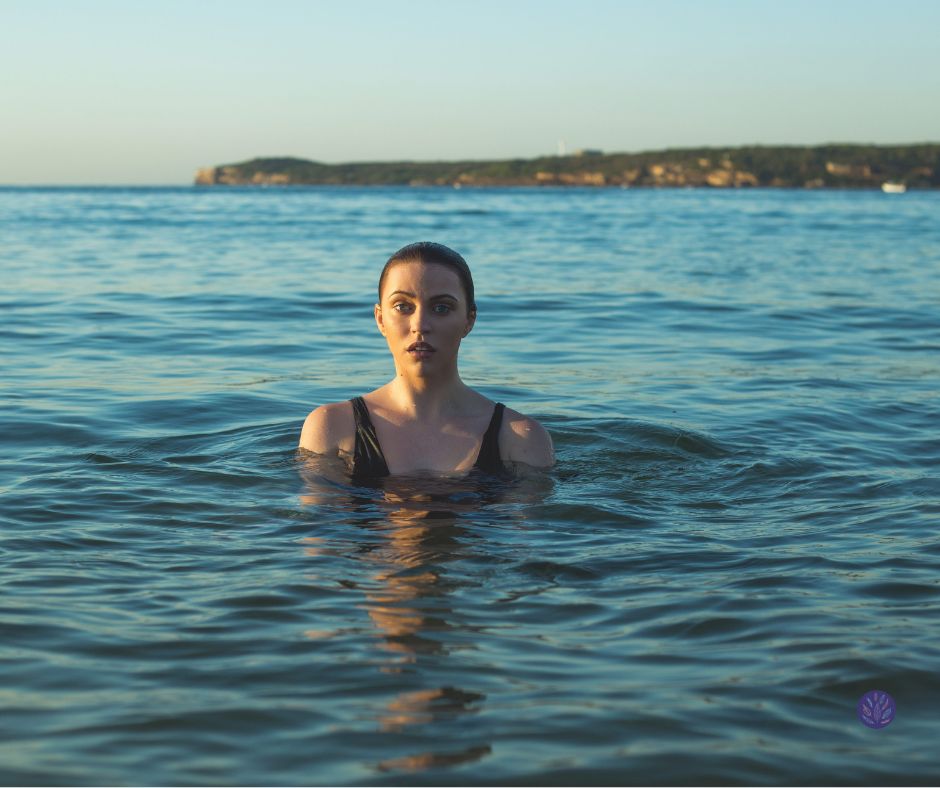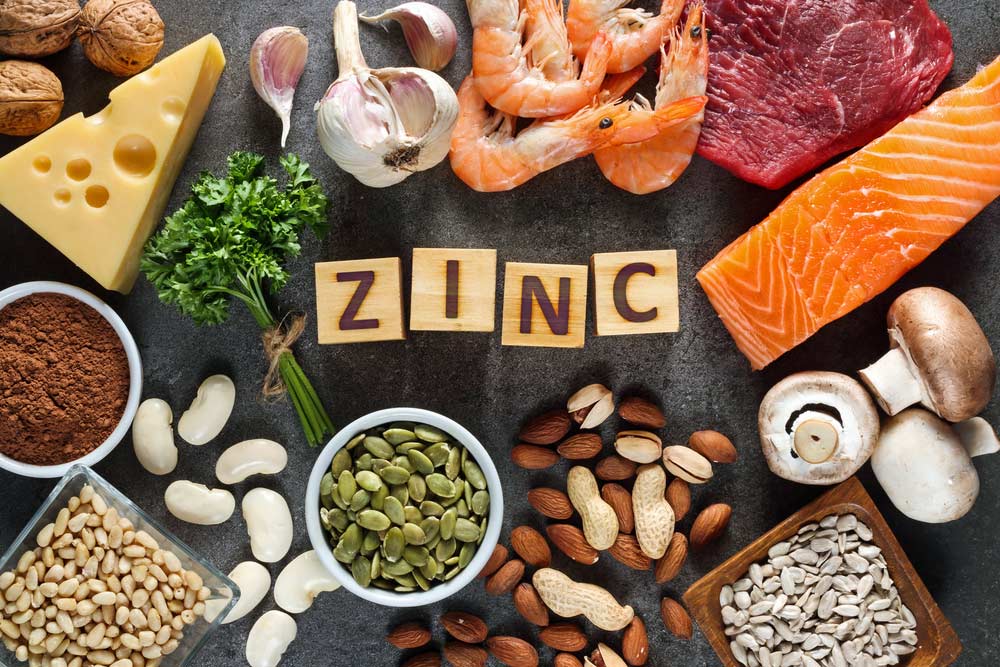Cold water therapy is increasingly popular in Australia, particularly among athletes and wellness enthusiasts. A survey indicates that many Australians are adopting cold water immersion practices, with many using it for muscle recovery, mental health benefits, and overall well-being. According to Pursue Performance, approximately 82.6% of users engage in cold plunges 5-7 times per week, highlighting its regular use in personal health routines.
In my hometown of Torquay, cold water therapy boomed during COVID lockdowns. Groups such as “Torquay ocean waders” became conduits for community connection through ocean dipping and then coffee sipping outside the local Salty Dog café. This sense of community, based on an ethos of adventure, social connection, and a positive attitude, has grown to 1800 members in just three years, offering a supportive network for all.
The number of local female participants in this group intrigued me. I initially wondered if the group’s growing popularity was more about connection than the benefits of cold-water therapy. However, over time, the scientific evidence supporting and validating the health benefits of cold-water therapy has grown, providing reassurance and confidence in its effectiveness.
The menopausal transition adds another layer of complexity to health and fitness. Hormonal changes can affect metabolism, energy levels, and body composition. Despite sound nutrition and plenty of exercise, women in this life stage often complain of central weight gain.
Over 75% of Australian perimenopause or menopausal women will experience vasomotor symptoms (hot flushes and night sweats). Many women also experience sleep disturbances, mood changes and fatigue, as mentioned in our blog.
Cold water therapy is linked to improvements in exercise recovery, hormonal balance, and the management of symptoms such as hot flushes associated with menopause. This knowledge empowers women to take control of their health and well-being.
Cold water therapy can offer many long-term benefits.
- Regular exposure to cold water can help reduce inflammation.
- In a study conducted at the University College of London, women reported cold water therapy reduced levels of anxiety, mood swings and depression.
- Cold water therapy can improve your immunity. Following exposure to cold water, the body releases catecholamines such as epinephrine and norepinephrine, which stimulate the immune system.
- Cold water immersion post-exercise for active women can aid muscle recovery, reduce soreness, and enhance overall physical resilience.
- Cold water therapy has also been suggested to reduce the frequency and severity of hot flushes.
- Regular exposure to cold water therapy may reduce cortisol levels associated with stress.
- Exposure to cold water is a habit spreading for the selective reduction of adipose tissue, improvement in insulin sensitivity, and is popular with anti-ageing proponents.
- Cardiovascular risk factors associated with heart disease are also reported to be reduced after just three weeks of cold-water therapy.
The evidence is clear- regular cold-water therapy holds many long-term benefits. The latest research indicates cold water therapy is also beneficial specifically for women experiencing symptoms associated with menopause.
Visit the Athlete Sanctuary for more personalised advice and resources. We support athletes in achieving their best selves through tailored strategies and a compassionate community.
References:
AusPlay. (2022). Participation data for running and jogging. Retrieved from Australian Sports Commission.
Australian Institute of Sport. (2023). Nutritional considerations for female athletes.
Bleakley, C. M., & Davison, G. W. (2010). What is the biochemical and physiological rationale for using cold-water immersion in sports recovery? A systematic review. British Journal of Sports Medicine, 44(3), 179-187.
Doets, J. J., Topper, M., & Nugter, A. M. (2021). A systematic review and meta-analysis of the effect of whole body cryotherapy on mental health problems. Complementary therapies in medicine, 63, 102783.
Esperland D, de Weerd L, Mercer JB. (2022).Health effects of voluntary exposure to cold water – a continuing subject of debate. Int J Circumpolar Health.
Janssen, H., Ada, L., Karayanidis, F., & McElduff, P. (2016). Ankle dorsiflexion strength after cold-water immersion in older adults: Implications for early stroke rehabilitation. Journal of Stroke and Cerebrovascular Diseases, 25(4), 867-872.
Miller, E. G., Maren, K., & Swanson, S. (2020). Cold-water immersion therapy and its effect on the alleviation of menopause symptoms: A randomized controlled trial. Journal of Women’s Health, 29(7), 951-958.
Smith, D. L., McHugh, M. P., & Allen, D. W. (2019). Cold-water immersion and recovery from exercise: Effects on menopause-related symptoms. Menopause, 26(8), 870-876.




